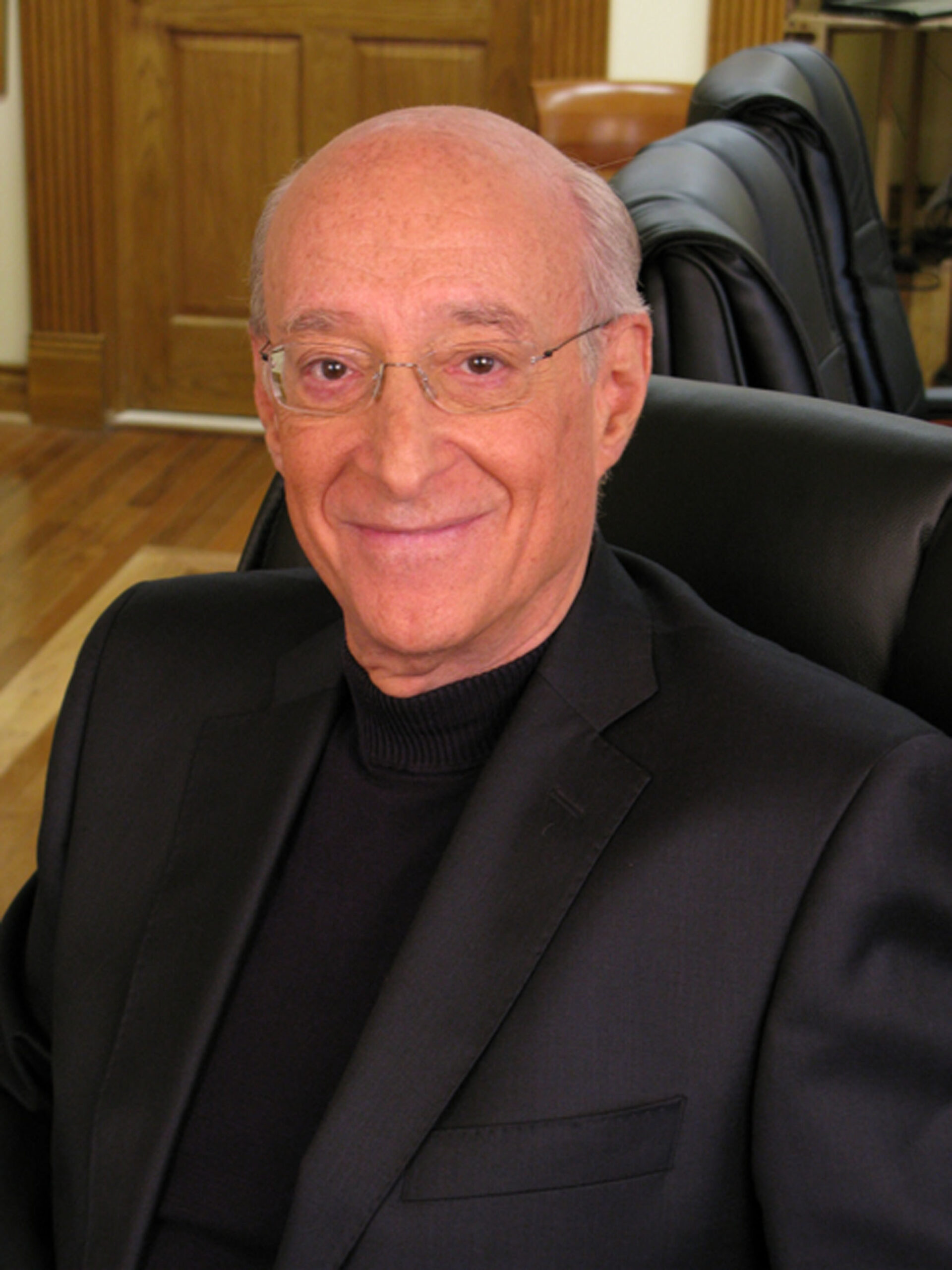Talking to longtime Princeton resident Martin Tuchman was as satisfying for me as eating a huge stack of pancakes loaded with butter and syrup with a side of extra crispy bacon.
The conversation, however, had one major advantage over the pancakes. It had no calories. The discussion contained only thousands of whatever metric units measure sheer joy in digging into the huge stack of Tuchman philanthropic activities piled high over the course of several decades.
I was inspired to talk to Mr. Tuchman, the owner and longtime (39 years) operator of and now silent partner in Princeton’s PJ’s Pancake House, when I received a press release from Thomas Edison State University (TESU).
The Trenton-based TESU provides “self-directed” adults with the ability to obtain undergraduate and graduate education through “flexible, high-quality” learning and assessment opportunities. TESU last week announced that The Tuchman Foundation, whose chair is Martin Tuchman, had committed to strengthening the TESU Foundation’s pledge to assist enrolled Coast Guard students affected by the government shutdown.
A new Coast Guard Educational Fund will join the TESU Foundation’s pledge to cover February tuition for enrolled Coast Guard students. It also will help pay for Coast Guard tuition for the following two semesters, if the government shutdown continues.
Additionally, the new fund will include up to $500 per student for emergency personal expenses such as textbooks for those registered in the February term. The Tuchman Foundation’s pledge could total as much as $65,000 in support of Coast Guard students. This gift is the first step toward the creation of a broader Military Student Reserve Fund to assure the continuous education of enrolled military students who face exigent circumstances that may prevent them from continuing with their education through no fault of their own.
Mr. Tuchman, who has been a member of the TESU Foundation Board for a number of years, noted in the release that the TESU Foundation members began discussing this concept earlier this year with the idea of “establishing a fund for the purpose of addressing tuition costs for students from the military, who faced unexpected hardships and were qualified and accepted into the University’s program….By serving as a backstop for Thomas Edison State University students, we ensure that they can continue their education without being affected by government shutdowns or other distractions.”
As I was reading this, my brain became distracted by my prior knowledge about Mr. Tuchman. I knew about his PJ’s Pancake House business connection, but also had heard the Tuchman name associated with several other philanthropic gifts supporting educational and health causes in the region. Could one individual be responsible for such a huge meal of philanthropic offerings?
Being on the Mercer County Community College Board of Trustees, I knew that Mr. Tuchman, a member of the MCCC Foundation Board, was the generous donor of need-based scholarships and internships. And a friend of mine on the Trenton Area Soup Kitchen board (TASK) told me numerous times about how Martin Tuchman’s generous gifts of money and time transformed TASK into an organization with several meal-dispensing satellites serving 175,000 meals per year. The same Martin Tuchman also wrote a book called, “Mission Possible” that lays out a managerial and fiscal blueprint for starting new soup kitchens to help millions of Americans in need of emergency food assistance.
Most familiar to me, however, was the Tuchman link to The Parkinson’s Alliance, renowned through out the world for its research to end Parkinson’s disease and to provide the infrastructure for improving the quality of life for those living with the disease. He founded the organization in 1999 with his wife Margaret Tuchman, who battled early onset Parkinson’s disease from the time she was 38 years old until her death five weeks ago at the age of 77.
In the conversation with me, he elaborated on her courage, spirit and accomplishments on behalf of the Alliance, as well as her support for the Tuchman Foundation initiatives. Citing a sentence from her obituary, Mr. Tuchman said “…championing worthwhile missions was in her soul.”
He informed me about other Tuchman Foundation efforts that were news to me – such as supporting scholarships at Seton Hall University and the Trenton Catholic Academy, as well as an endowed chair at the New Jersey Institute of Technology resulting in the naming of the Tuchman School of Management at NJIT. He provided major support towards building the private, not-for-profit YingHua International School of Kingston NJ. In creating this school, which opened in 2016, he saved an about-to-be-demolished historic school building on Laurel Avenue.
I wondered about the ingredients that go into making an individual with the philanthropic character of a ‘Marty’ Tuchman. He said it’s a very simple recipe passed on to him from his father who “continually reinforced the principle of ‘giving back’ to one’s community.”
The generosity and humanitarianism of Mr. Tuchman have been able to thrive, thanks to his passion for entrepreneurial initiatives and the “good fortune” that they have succeeded. The graduate of New Jersey Institute of Technology (BS mechanical engineering) and Seton Hall (MBA business) made his fortune in the shipping container industry (he founded Interpool, one of the nation’s leading container and leasing corporations) and has become a national advisor on infrastructure, national security, and business/government cooperation.
His success as an entrepreneur, however, would be a conversation for a different time – when more time has passed since the death of Margaret, he said. His achievements both in business and philanthropy were a lot for anyone to digest in one sitting. But like with pancakes, I look forward to coming back for more.

